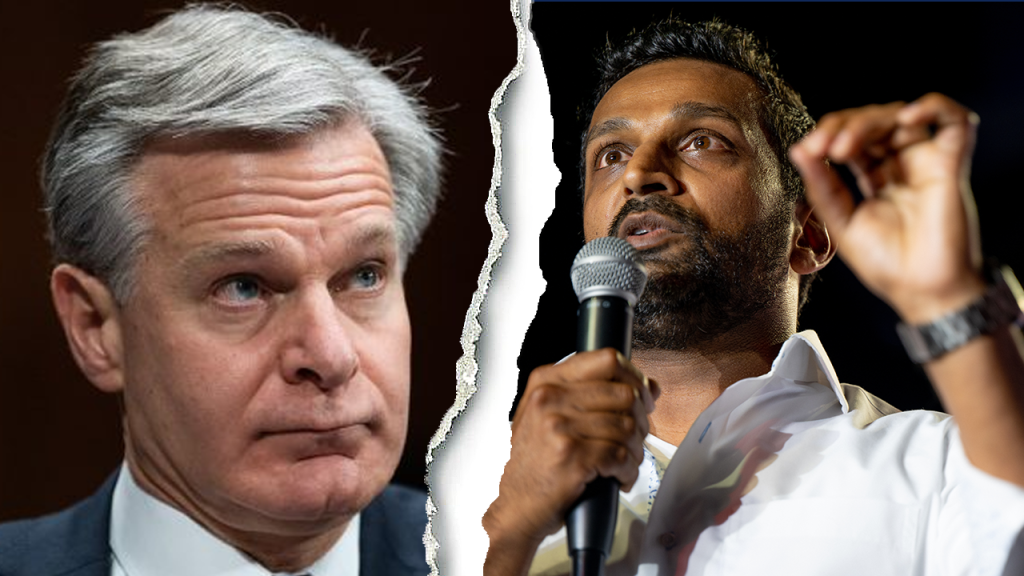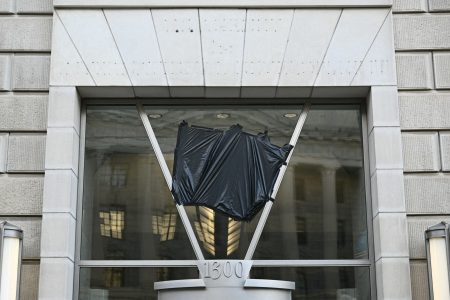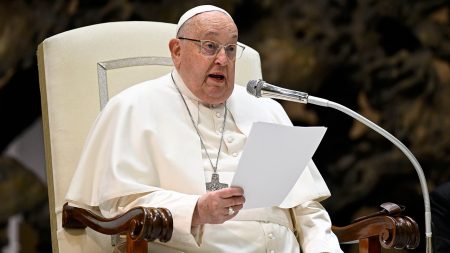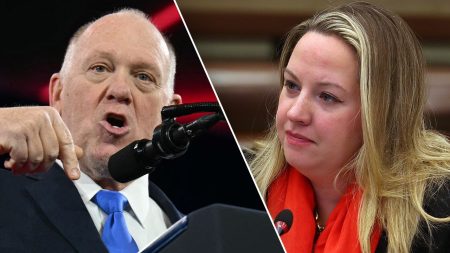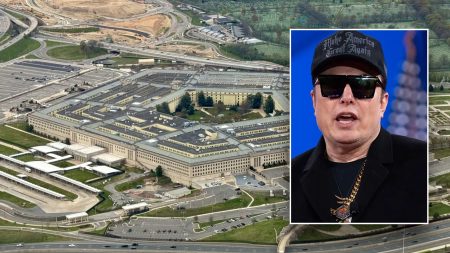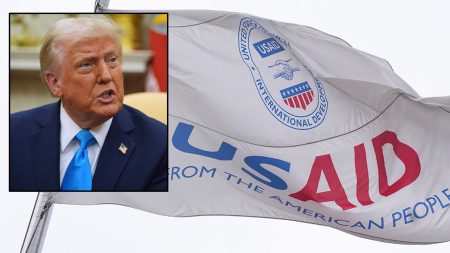Donald Trump’s intention to nominate Kash Patel as FBI Director has ignited controversy, potentially marking an unprecedented move in American history. Trump’s potential dismissal of Christopher Wray, the current FBI Director, would be his second such action during his presidency, following the 2017 firing of James Comey. The FBI directorship, established with a 10-year term specifically to insulate the agency from political influence, has seen only one previous dismissal – that of William Sessions under President Clinton due to ethical breaches and mismanagement. Trump’s decision to potentially replace two directors within his two terms raises questions about the politicization of the FBI and the erosion of its independence.
Patel, a staunch Trump ally and former White House aide, has earned the endorsement of the National Police Association for his perceived commitment to “transparency” and “accountability.” However, his nomination has been met with apprehension and criticism from many within the law enforcement community and among Democratic lawmakers. Patel’s past rhetoric, including threats to prosecute journalists and officials he deemed part of the “deep state,” has raised concerns about his suitability for the role. While he has attempted to clarify these statements, the skepticism remains. His confirmation hearings are expected to be highly contentious, with Democrats likely to scrutinize his record and ideology.
The potential appointment of Patel is seen by some as a continuation of Trump’s efforts to influence law enforcement agencies and to pursue his “America First” agenda. Trump has consistently praised Patel for his role in challenging the Russia investigation, which Trump has labeled a “hoax.” This narrative aligns with Patel’s own views, further solidifying his position as a loyal supporter of the former president’s claims. Critics argue that Patel’s close alignment with Trump could compromise the FBI’s impartiality and its ability to operate independently of political pressure.
The process for Patel’s potential installment involves two crucial steps: the departure of Christopher Wray and Patel’s confirmation by the Senate. Wray’s exit strategy remains uncertain. He could choose to resign voluntarily, though he has given no indication of such plans. If he refuses to step down, Trump would have to fire him, creating a remarkable precedent of a president dismissing two FBI directors during their terms. The Senate confirmation process, likely to be dominated by Republicans, is still anticipated to be challenging given Patel’s controversial past statements and his close association with Trump.
The controversy surrounding Patel’s nomination highlights the ongoing debate about the balance between presidential authority and the independence of law enforcement agencies. The FBI’s 10-year term for its director was designed to safeguard the agency from political interference, ensuring its ability to conduct investigations free from external pressures. Trump’s potential actions challenge this established norm, raising questions about the future of the FBI’s autonomy and its role in upholding the rule of law.
The historical context of FBI director dismissals further underscores the significance of the current situation. While William Sessions’ firing was justified by ethical and managerial failures, the potential dismissal of Wray would be rooted in political disagreements and ideological clashes. This politicization of the FBI directorship could erode public trust in the institution and undermine its ability to function effectively. The Senate confirmation hearings for Patel will be a crucial stage in this unfolding drama, offering an opportunity for thorough scrutiny of his qualifications and his commitment to the FBI’s fundamental principles of independence and impartiality. The outcome of this process will have far-reaching consequences for the future of the FBI and its relationship with the executive branch.




